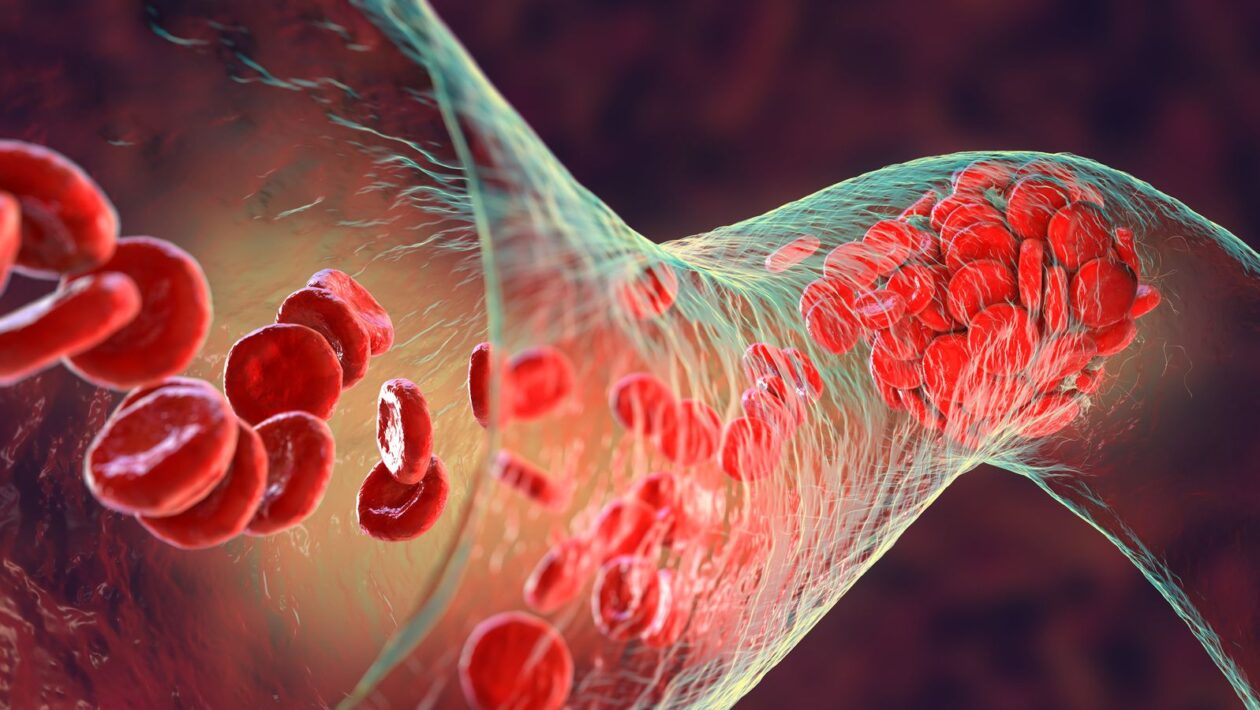[ad_1]

Laboratory-grown red blood cells have been transfused into a person in a world-first clinical trial.
If proved safe and effective, manufactured blood cells could revolutionise treatments for people with blood disorders such as sickle cell and rare blood types.
It can be hard to find well-matched donated blood for many with these disorders – and lab-grown red blood cells would mean people who require regular transfusions could need fewer in the future.
Ashley Toye, director of the NIHR Blood and Transplant Unit in red cell products, said: “This challenging and exciting trial is a huge stepping stone for manufacturing blood from stem cells.
“This is the first-time lab-grown blood from an allogeneic donor has been transfused and we are excited to see how well the cells perform at the end of the clinical trial.”
The manufactured blood cells were grown from stem cells from donors, and then transfused into volunteers in the Restore randomised controlled clinical trial.
It is looking at the lifespan of the lab-grown cells compared with infusions of standard red blood cells from the same donor.
Because the lab-grown blood cells are all fresh, researchers expect them to perform better than a similar transfusion of standard donated red cells.
Cedric Ghevaert, professor in transfusion medicine and consultant haematologist at the University of Cambridge and NHS Blood and Transplant (NHSBT), said: “If our trial, the first such in the world, is successful, it will mean that patients who currently require regular long-term blood transfusions will need fewer transfusions in future, helping transform their care.”
So far, two people have been given the lab-grown red cells with no untoward side effects.
The amount of lab-grown cells being infused varies but is around 5-10mls – about one to two teaspoons.
Read more:
First-ever amber alert issued by NHS over blood supplies
NHS issues urgent call for more black blood donors to treat sickle cell
Donors from NHSBT’s blood donor base gave blood to the trial and stem cells were separated out.
These stem cells were then grown to produce red blood cells in a laboratory at NHSBT’s Advanced Therapies Unit in Bristol.
A minimum of 10 people will receive two mini transfusions at least four months apart, one of standard donated red cells and one of lab-grown red cells.
This will allow scientists to find out if the young red blood cells made in the laboratory last longer than cells made in the body.
Further trials are needed before clinical use, but scientists say the research marks a big step in improving treatment for patients with rare blood types or complex transfusion needs.
[ad_2]

